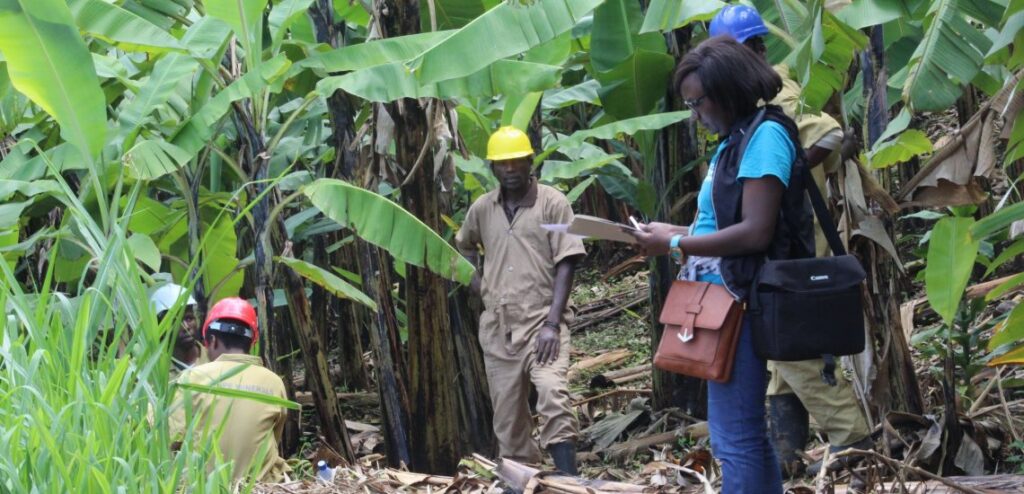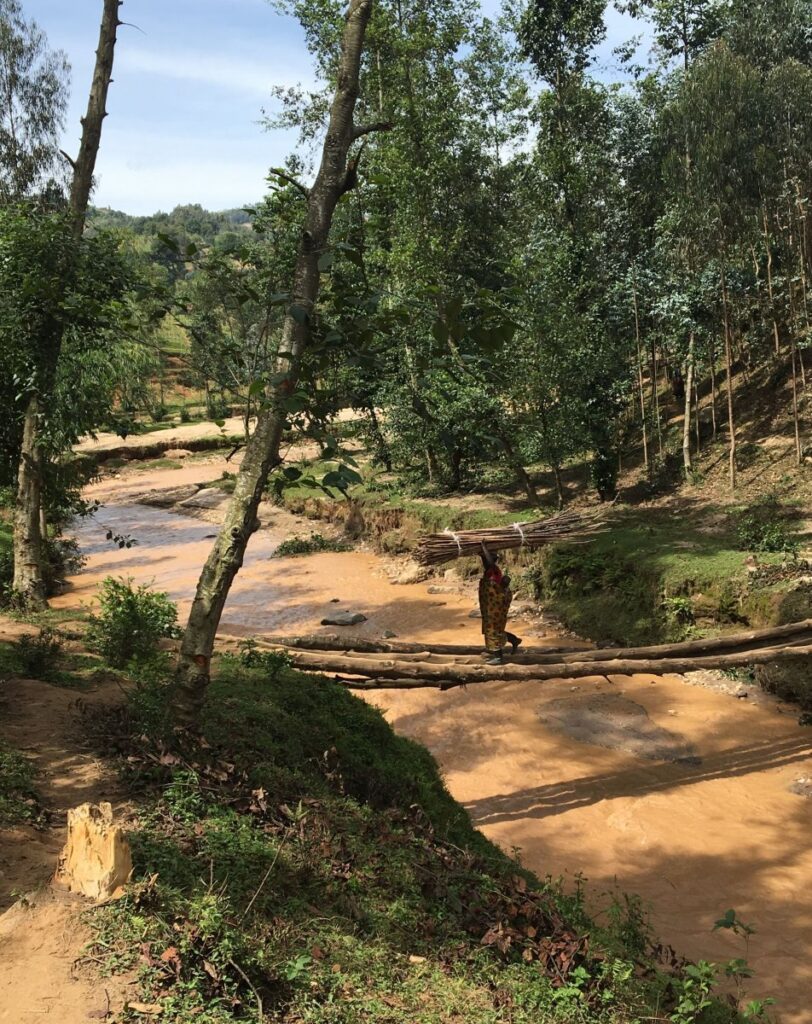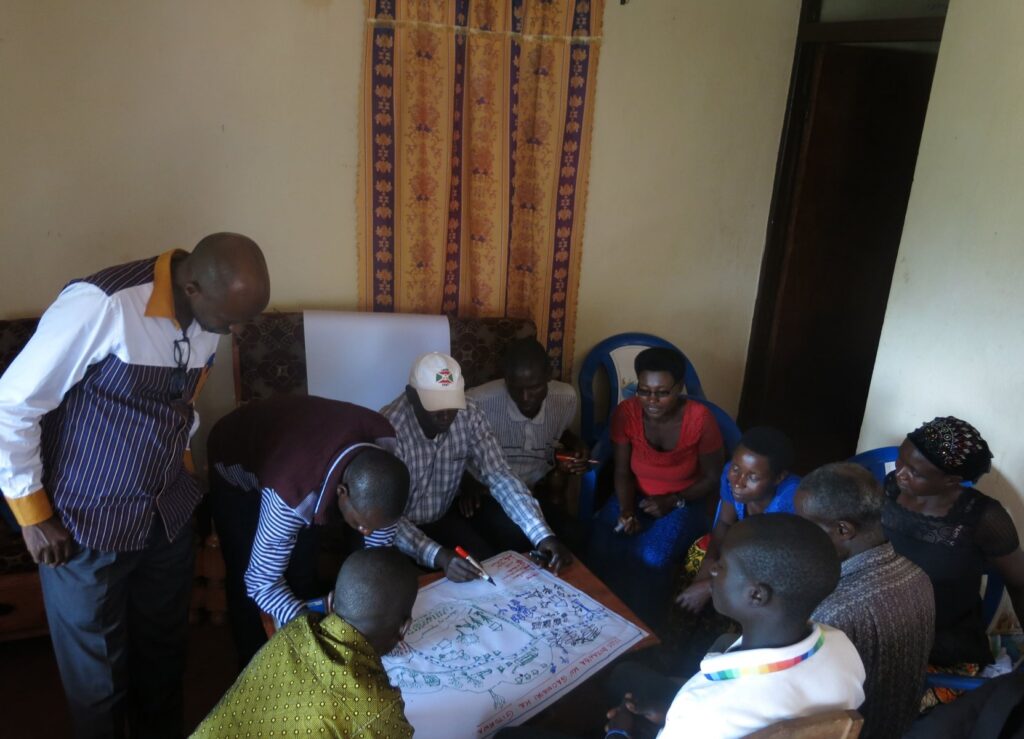Using science and community approaches to fight climate change

Climate change is affecting the livelihoods of the population around the world. Challenging situations require innovative interventions and BirdLife is working hand in hand with local communities, who have unique knowledge of their landscapes, to build alternatives in Rwanda and Burundi
By Providence Akayezu, Felicien Uwizeye and Jean De Dieu Bucankura
In the high altitudes of Lake Kivu and Rusizi River basins in Rwanda and Burundi, local communities depend on nature for their survival. They depend on fertile soils that have formed for millennia and water flowing from the forests to sustain their agricultural productivity to feed their families and spare some for sale. The nexus between nature and people’s welfare also provides a critical cushion against the negative impacts of climate change.
However, these Edenic scenarios are becoming a thing of the past, thanks to continued overuse of land and the ecosystems combined with climate change. Land degradation from intensive agriculture and small scale mining led to soil erosion, which was deposited into rivers and lakes downstream. Over time, once crystal clear waters became brown in colour leading to reduced productivity in agriculture, hydropower generation and fishing.

Ms Mukeshimana Marie, a member of Turwanye Isuri cooperative said: ‘’We use the water from this river to wash clothes, irrigate our crops and sometimes for cooking. When erosion rates are high during recurrent heavy rains that we are experiencing, the soil is washed into the river and water turbidity negatively affects the use of this water. We thank BirdLife International for supporting us in restoring land along river banks, through planting elephant grass and agroforestry trees’’.
Challenging situations require innovative interventions. BirdLife International in Africa, with financial support from MacArthur Foundation and The Nature Conservancy (TNC), working with Association Burundaise pour la Protection de la Nature (ABN, BirdLife partner in Burundi), devised a method of identifying the problem and finding solutions through co-designed approaches.
Providence Akayezu the BirdLife International Project Manager said a novel scientific technique was used to link sediments in lakes and rivers to their sources upstream. This ‘sediment fingerprinting’ method enabled the identification of erosion hotspots, which became centres for interventions with local communities, all made possible by the use of vulnerability assessment and climate adaptation planning methods.
Identification of interventions and solutions was informed by local knowledge from communities, who know too well the impacts of reduced productivity as a result of soil erosion and climate change. In one of the exercises, local community members mapped all the resources within their locality and identified risks such as flooding, that these resources are vulnerable to. They then came up with appropriate interventions based on this local knowledge.

“We are now moving from assessments and planning to implementation”, said Ken Mwathe, BirdLife Africa’s Policy and Communications lead, who is also providing project oversight. “Combining science and community approaches to design solutions for the landscapes of Rwanda and Burundi is a powerful approach. Communities now have a chance to restore the degraded hillsides and riverbanks through planting appropriate trees and grasses as well as fruit trees that improve people’s livelihood while pushing back impacts of climate change”, concluded Ken Mwathe.
The BirdLife climate project in the Kivu/Rusizi catchment is funded by MacArthur Foundation and The Nature Conservancy (TNC). More information about the project can be found here.


